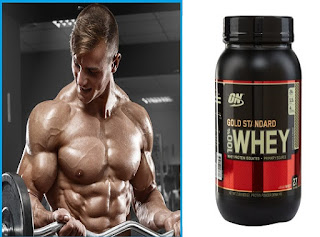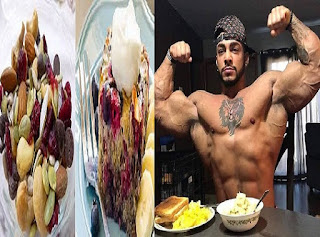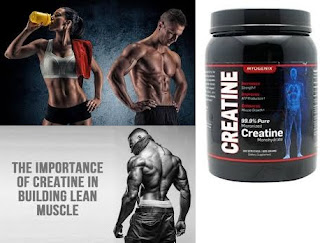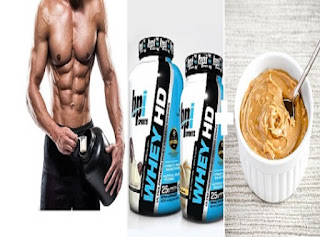How do you make your own egg white protein powder supplement?
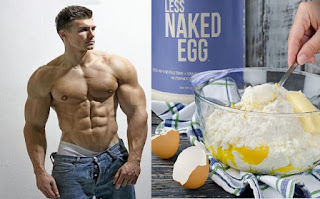
Hello there, gentlemen. Welcome to your workout guides. In this blog post, you'll learn how to make your own homemade egg protein powder. So, before we get started, here are some Egg Nutrition Values that I found on the internet. 100 g of eggs per 100 g of eggs Calories 155 % Daily Value* Total Fat 11 g 16% Saturated fat 3.3 g 16% Polyunsaturated fat 1.4 g Monounsaturated fat 4.1 g Cholesterol 373 mg 124% Sodium 124 mg 5% Potassium 126 mg 3% Total Carbohydrate 1.1 g 0% Dietary fiber 0 g ...

